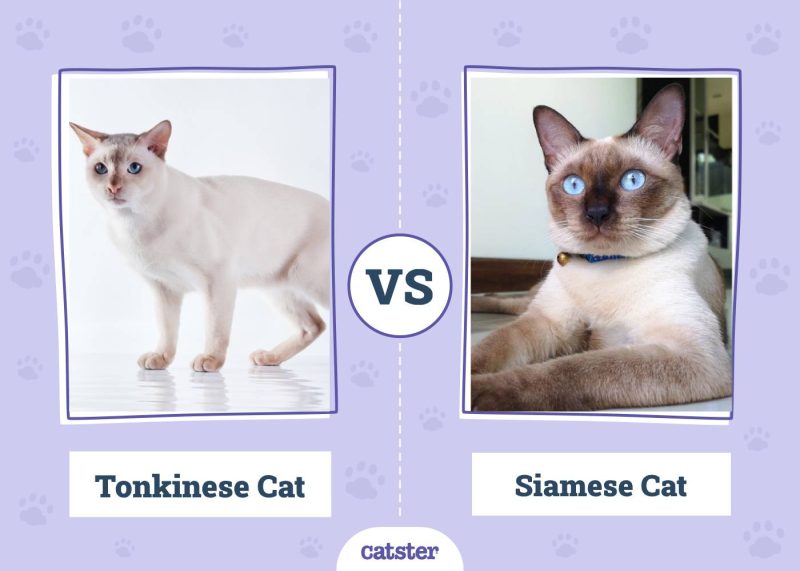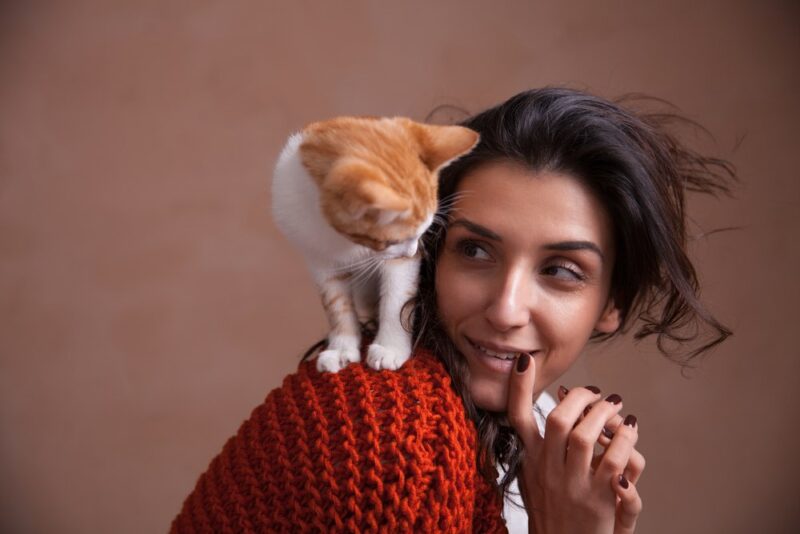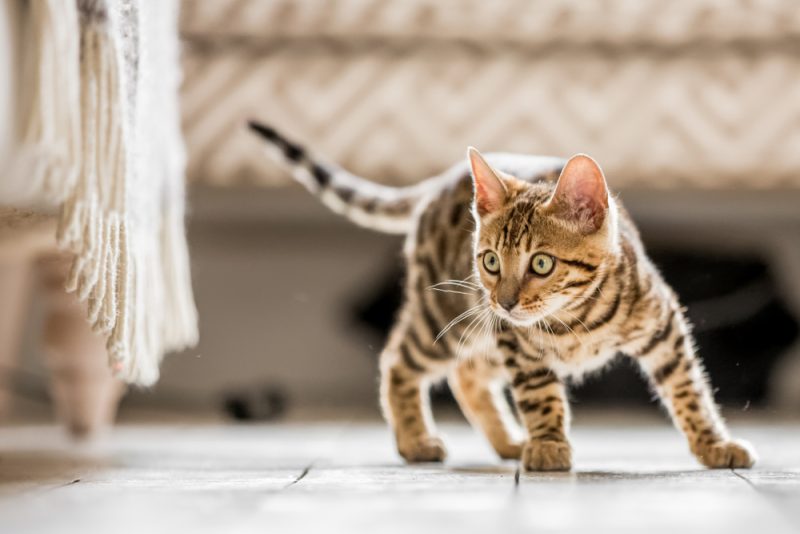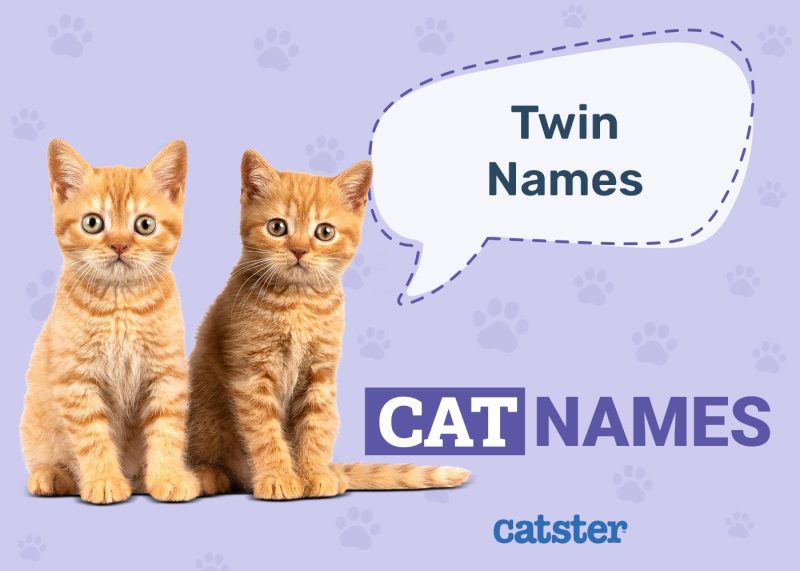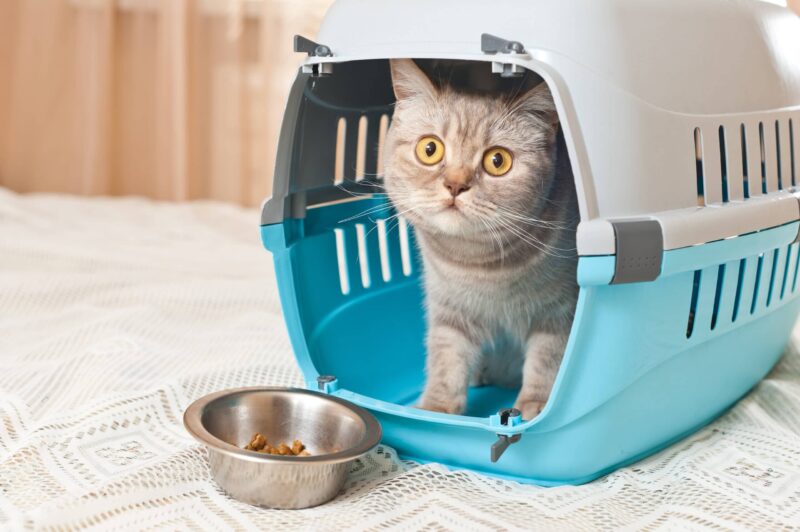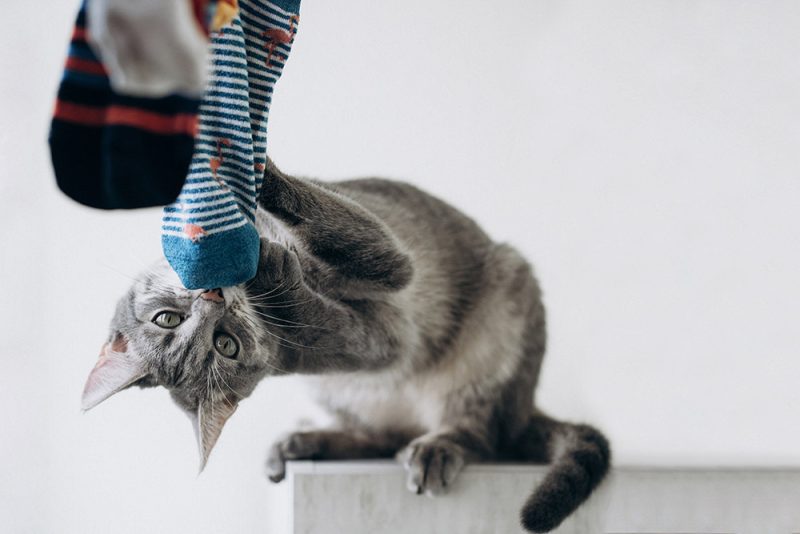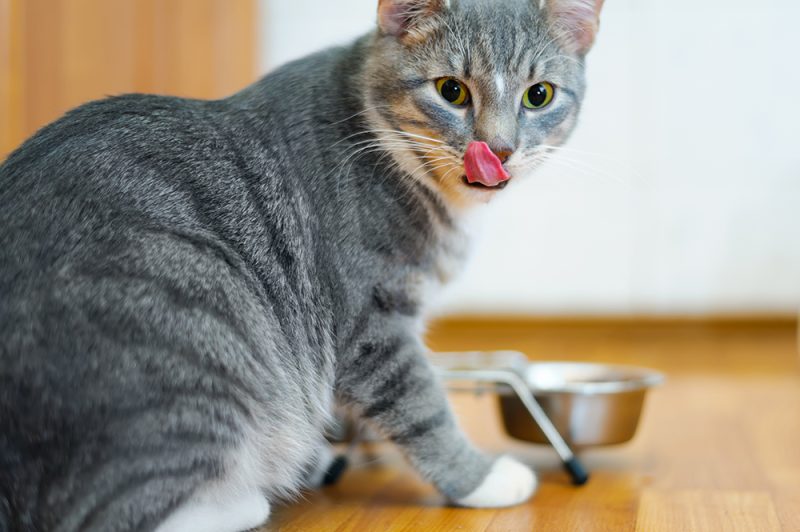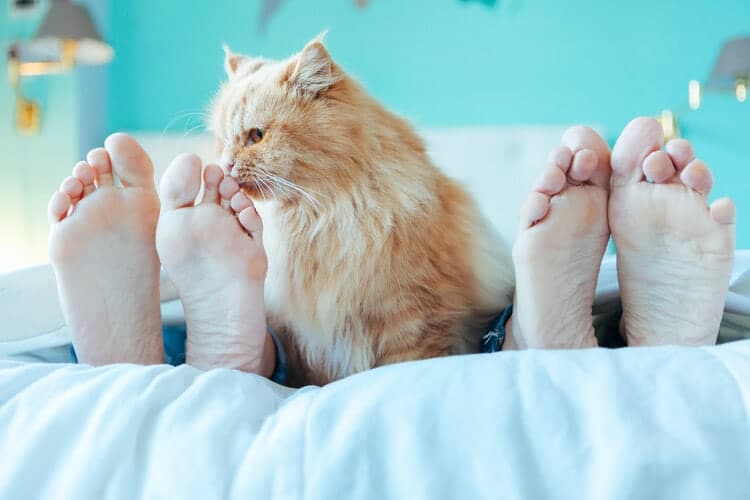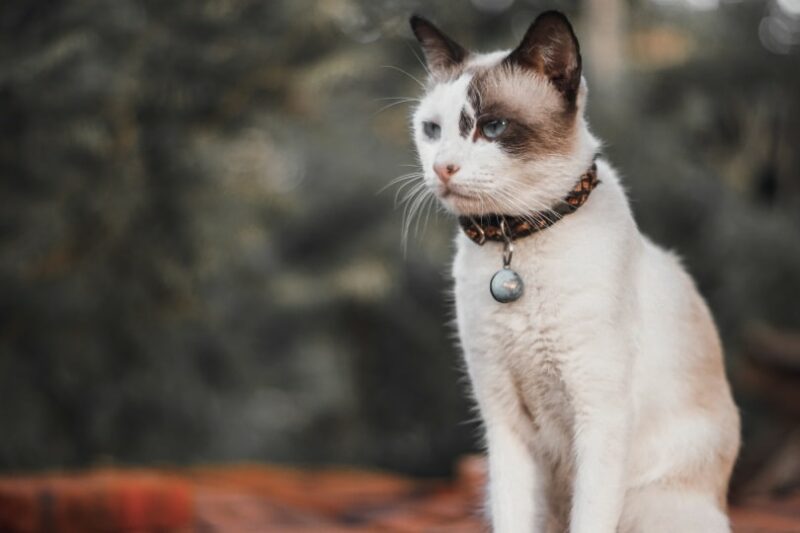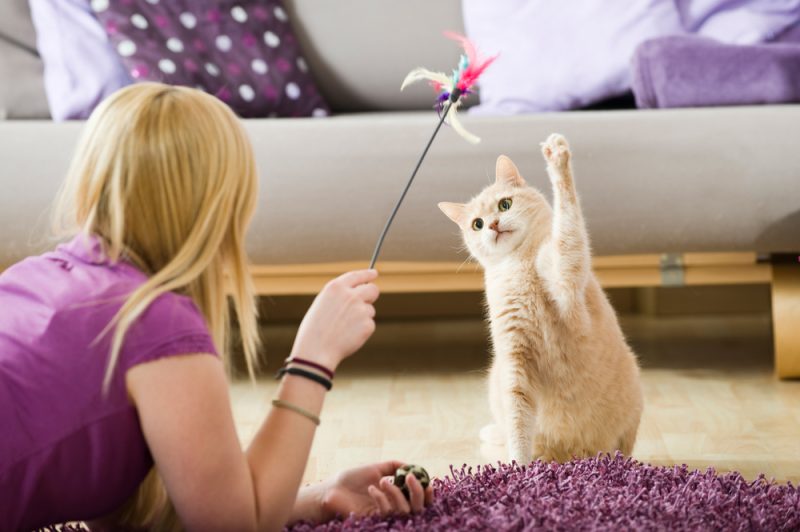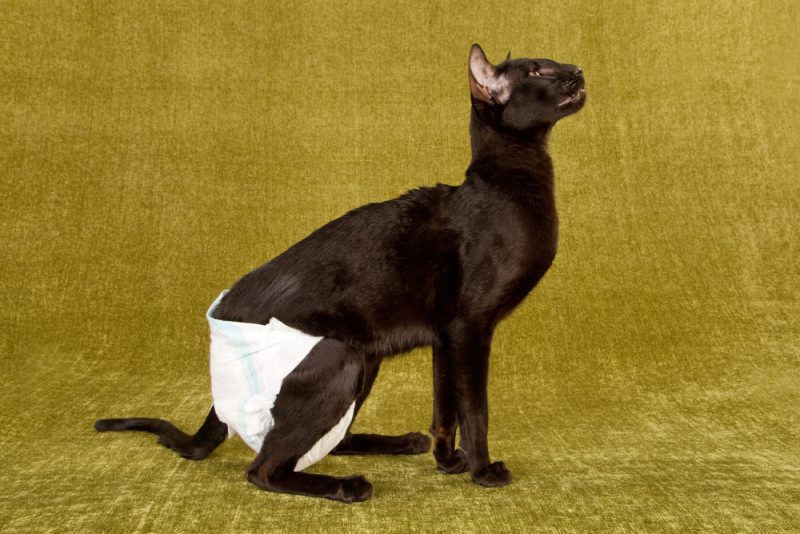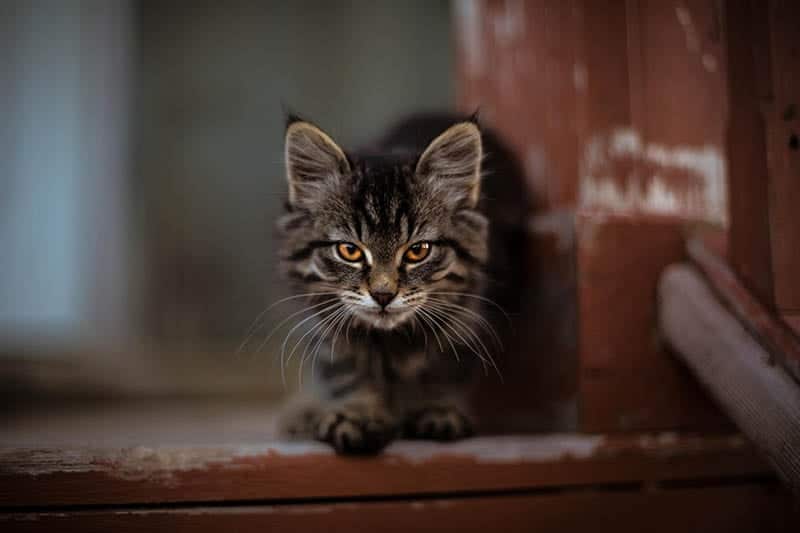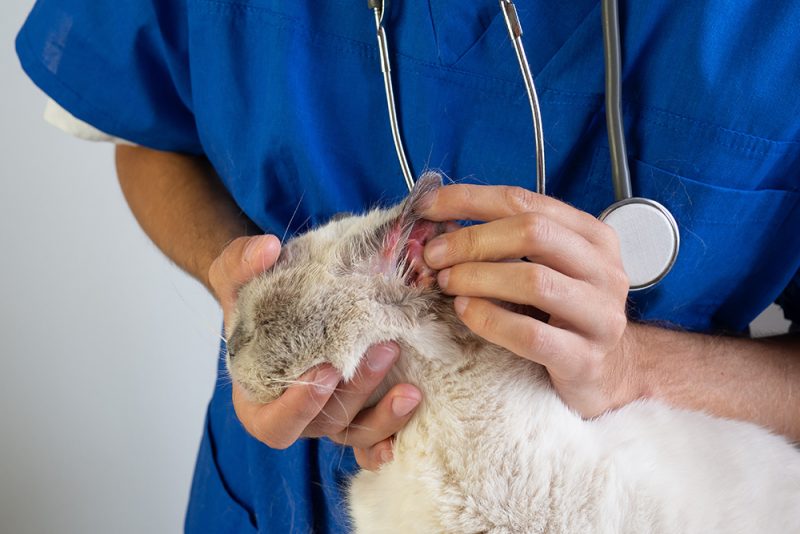The Tonkinese and the Siamese cats are closely related. However, that doesn’t mean you are getting the same type of cat when you adopt one of these two breeds. They are very different and stand apart from typical cats because of their strong personalities.
Depending on what you are looking for in a family pet, one of these cats might be better suited for you than the other. But how do you decide? What are the most significant differences, and which traits do they share?
In this article, we’ll look closer at the breeds, their general upbringing and management, and the characteristics that set them apart so you can make an educated choice between them.

Visual Differences
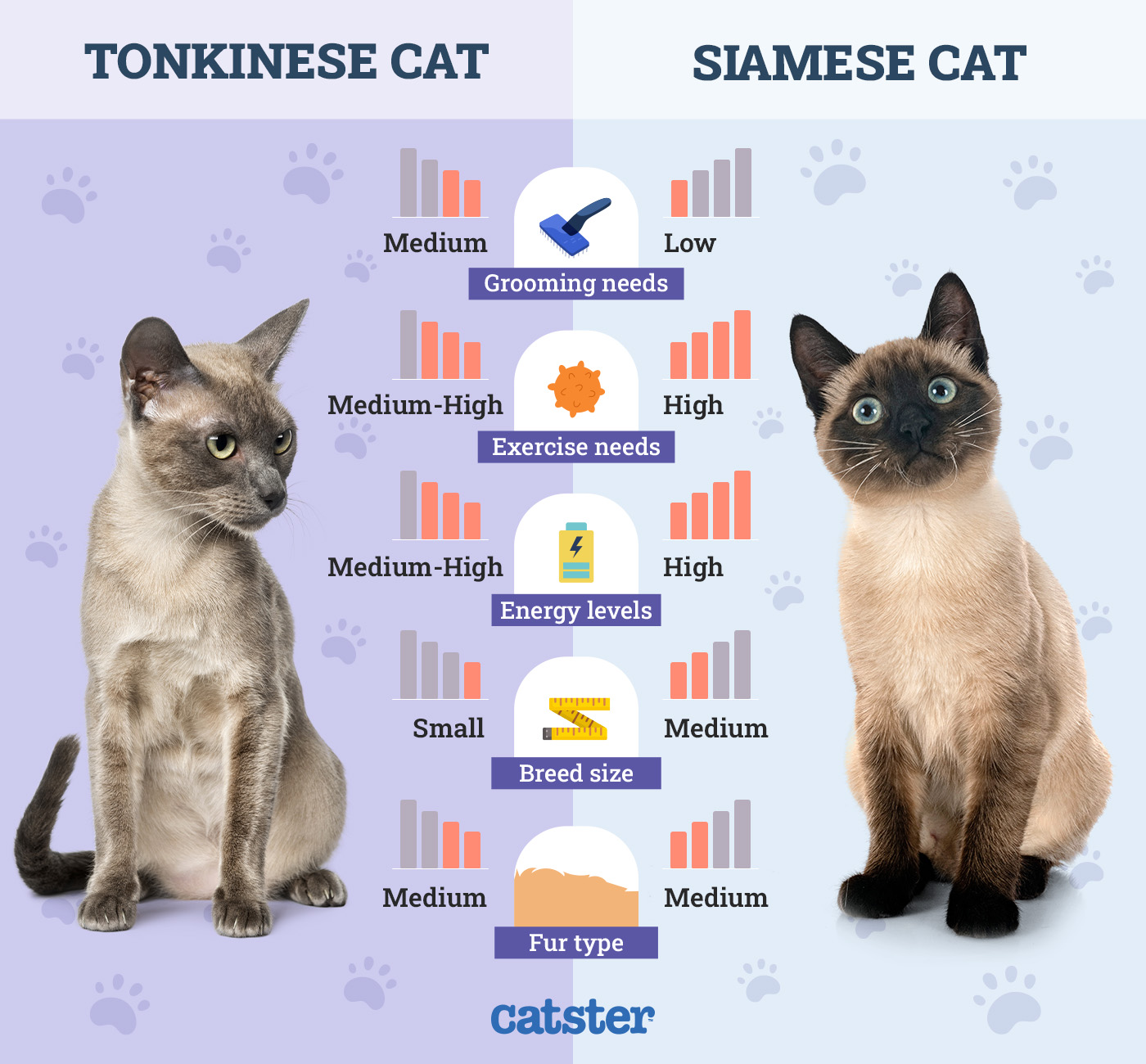
A Quick Overview
- Average Length (adult): 12–15 inches
- Average Weight (adult): 6–12 pounds
- Lifespan: 10–16 years
- Grooming needs: Weekly brushing
- Traits: Friendly, Active, Loving
- Dog-friendly: Yes
- Average Length (adult): 15–20 inches (not including tail)
- Average Weight (adult): 6–14 pounds
- Lifespan: 8–15 years
- Grooming needs: Weekly brushing
- Traits: Talkative, Loyal, Demanding
- Dog-friendly: Yes

Siamese Cat
The Siamese is perhaps best known for their stunning looks. They typically have bright blue eyes and a long, sleek body. They have black or brown ears and look like they are wearing a brown, black, or gray mask.
This cat breed is intelligent and graceful. They are typically more reserved cats, wearing stern expressions as they regard the outside world from their perch of choice.
Siamese cats are the haughty, elegant members of a party, always expressing their opinions loudly. They are fond of their humans and follow them and monitor their actions. If you need a constant companion who will “talk” back to you around the house, the Siamese will make an excellent cat for you.
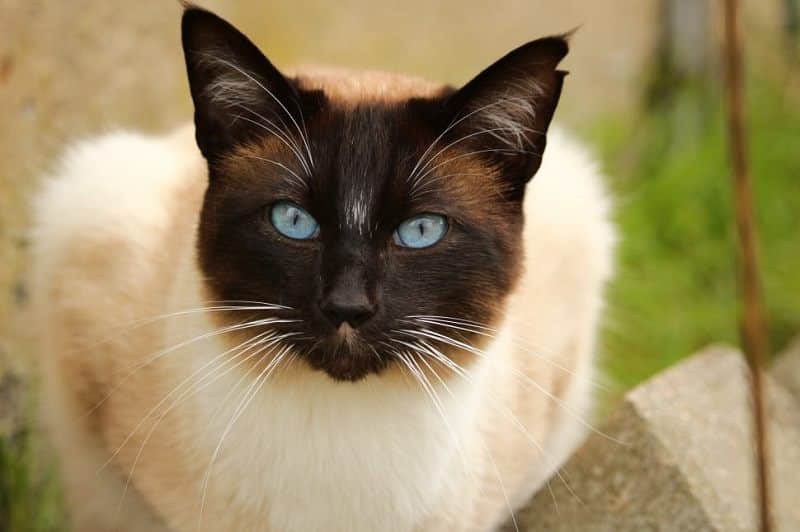
Siamese Cat Care
Siamese cats do not need as much active time as dogs, but they are considered a high-maintenance breed. They need a great deal of mental stimulation and loving attention to stay content in their home.
Grooming
There is a bit of variance in the coat of the Siamese, but it’s generally short, sleek, and close to the cat’s body to give them a slim look. Siamese cats are agile and muscular. They do not need as much grooming but should be brushed multiple times weekly to keep their shedding minimal. Brush their teeth daily for the best dental maintenance, but at least once a week.
Intelligence
These cats are highly intelligent and will watch you with knowing eyes. To keep them out of trouble around the house, interact with them often and engage them mentally and physically. They love playing with toys, and some are skilled at playing fetch.
They are smart enough to be trained to walk on a leash if necessary but are stubborn enough that training them to do other tricks is difficult without a great deal of patience.
Kids and Other Pets
Since Siamese need so much attention, they make excellent family pets, as long as the kids know to be gentle with them. They appreciate being around other cats, especially from an earlier age. They can even behave well around dogs if the dog does well with them.
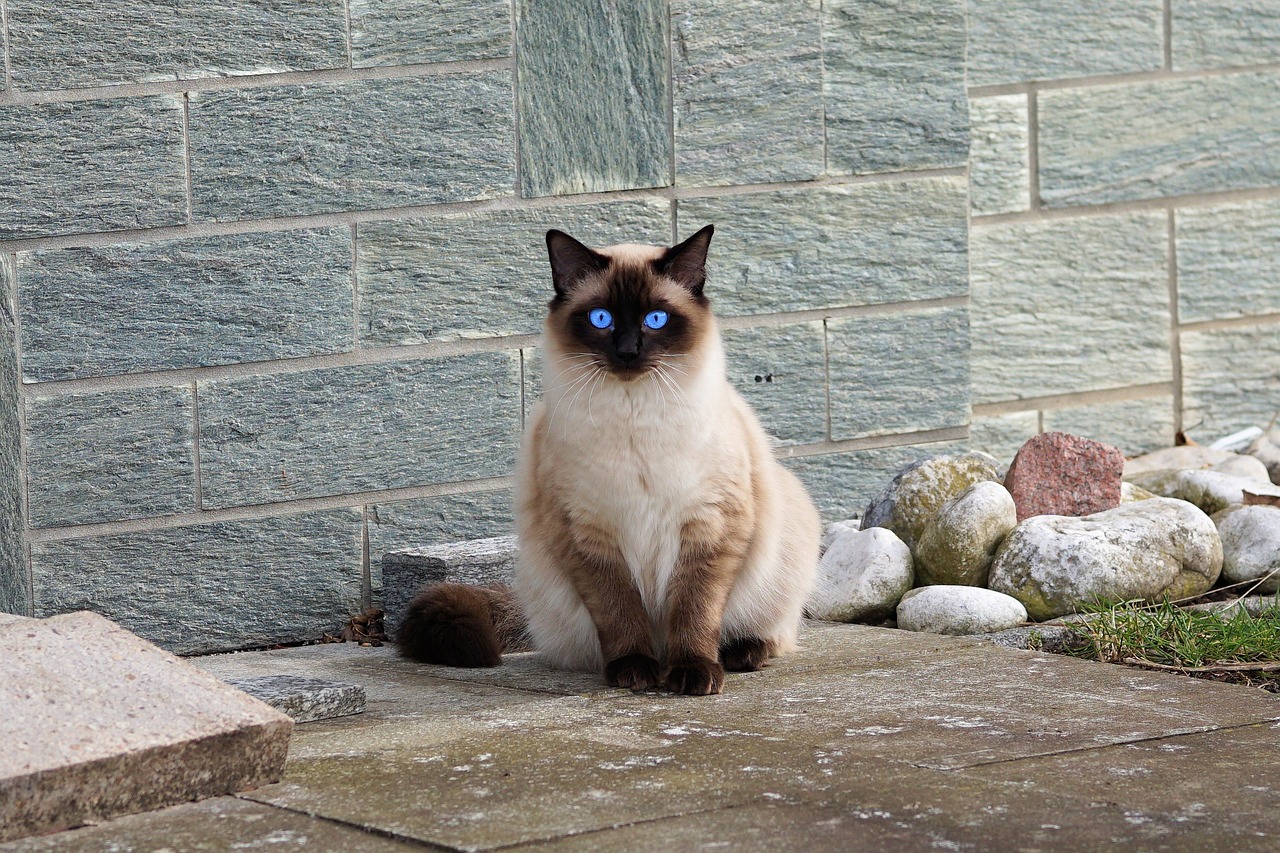
Nutrition
Siamese can eat any cat food that the owner deems best for them. However, they are prone to overeating and should be monitored, so they don’t become overweight. It is helpful that their thin form gives away a potbelly quickly, so you know when to cut down on their intake.
Home Life
Siamese cats are best as indoor cats, mainly for their protection. They are not typically hyper cats, and as long as they get enough exercise, it shouldn’t bother them that they are inside. However, left outside, there is a higher chance than with other breeds that someone will take them.
Temperament
Living with a Siamese is similar to living with a chatty busybody. They are typically reserved toward strangers. However, they are devoted pets to people whom they do know. This breed can be quite demanding for attention, and they do not do well if left alone for long periods.
Siamese are happier if you have two of them to keep them company when you are gone. Siamese cats love to play and make wonderful companions.
Health
Siamese cats are known to suffer from a variety of diseases. Like many breeds, they are prone to contracting mouth and gum disease. They are also vulnerable to heart and liver disease, pancreatitis, gastrointestinal disorders, kidney disease, and asthma. Make sure to maintain regular vet checkups to ensure the health of this kitty.
Pros & Cons
- Highly sociable
- Playful
- Low shedding breed
- Beautiful coat
- Costly breed
- Loud and expressive cat
- Needy
- Intelligence can mean trouble

Tonkinese Cat
The Tonkinese cat was initially developed by breeding the Siamese with the Burmese cats. Therefore, they share many of the same traits as the Siamese. Many people devoted to the Tonkinese breed claim they inherited the best qualities from both breeds. They are also called “Tonks.”
While Siamese cats are always ready to have a conversation and loudly vocalize their strong opinions, Tonkinese cats are quieter. They are just as intelligent as their Siamese counterparts and could never be mistaken for having the aloof nature many people assign to cats. These cats act as retrievers and can be trained to bring things to you. They have goofy personalities that cover up their soft hearts.
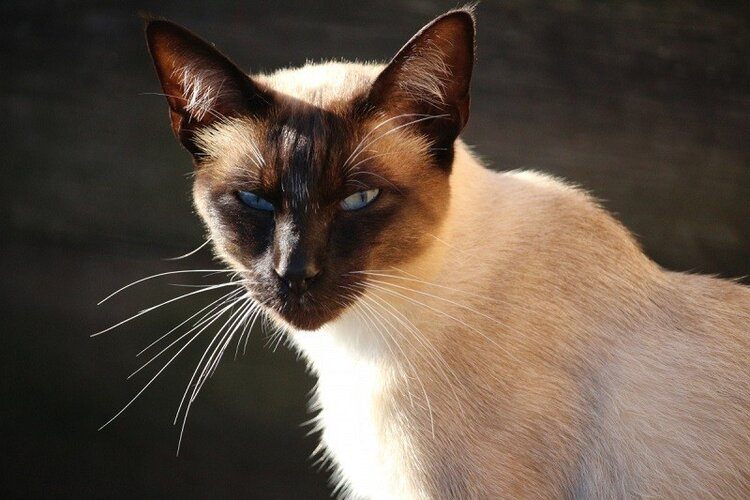
Tonkinese Cat Care
The Tonkinese might be high maintenance when it comes to their attention requirements, but overall, they are easy to care for and a joy to have as another family member.
Grooming
Because their coat is short and soft, they don’t need to be brushed more than once a week. Brushing them helps limit their already limited shedding and evenly spread healthy natural skin oils. They rarely need a bath.
To avoid periodontal disease, brush their teeth daily or at least once a week. Since their eyes are almond-shaped, they may need to be cleaned to keep them healthy.
Intelligence
Tonkinese cats are intelligent, which can get them into mischief if you aren’t watchful. They need plenty of mental stimulation. Try to train them to do tricks or walk on a leash to engage them. You can provide them with puzzles and toys to keep them happy; they should stay occupied and out of trouble.
Kids and Other Pets
Much like Siamese cats, Tonkinese cats do best with a community around them. They typically prefer to live with other cats and may even settle for a dog that isn’t aggressive toward them. They behave well around children but should be monitored so the kids treat them gently.
Nutrition
Tonkinese cats can eat any cat food and don’t have picky stomachs. They may need to be monitored, especially if you own more than one animal. Don’t allow them to overeat, or their health will decline more rapidly.
Home Life
Tonkinese cats do well as indoor cats. With their friendliness, it’s best to keep them safe from strangers who will happily take such a pretty and happy little cat. Keeping them indoors also protects them from larger predators and vehicles.
Temperament
It would be hard to find a breed friendlier than the Tonks. They are active, agile cats that love to explore and have fun. They are still a higher-maintenance breed when it comes to attention and will follow family members around until they receive it. They are not reserved around new people but will act like they have known them forever. However, it is best to have other pets when you have a Tonkinese, so they don’t require as much attention from you.
Health
Like Siamese cats, Tonkinese can suffer from asthma, gastrointestinal conditions, or heart disease. You should also watch out for hyperesthesia syndrome, lymphoma, nystagmus, crossed eyes, or progressive retinal atrophy. Keep up with consistent veterinary appointments to ensure the continued health of your pet.
Pros & Cons
- Very friendly cat
- Active
- Intelligent
- Beautiful breed
- Good pets for children
- Quieter voice
- Expensive breed
- Sociability can be bothersome
- Mischievous due to intelligence and boredom
 Final Thoughts
Final Thoughts
Both of these cats are friendly and witty down to their kitty toes. They are both beautiful and act like they know it. The Siamese is typically more of a classy pet and has an attitude of elegance. Although both cats are vocal, the Siamese has a louder and raspier voice. Both can find themselves in a hot pot of mischief.
For either one of these cats, be prepared for their great need for attention. If you need a companion cat, you would be hard-pressed to find better breeds.
See Also:
- Siamese Cat vs. Oriental Shorthair Cat: Which Breed is Right for You? (With Pictures)
- Ragdoll vs Siamese Cat: What’s the Difference? (With Pictures)
Featured Image Credit: Left dezy, Shutterstock | Right Witsawat.S, Shutterstock
